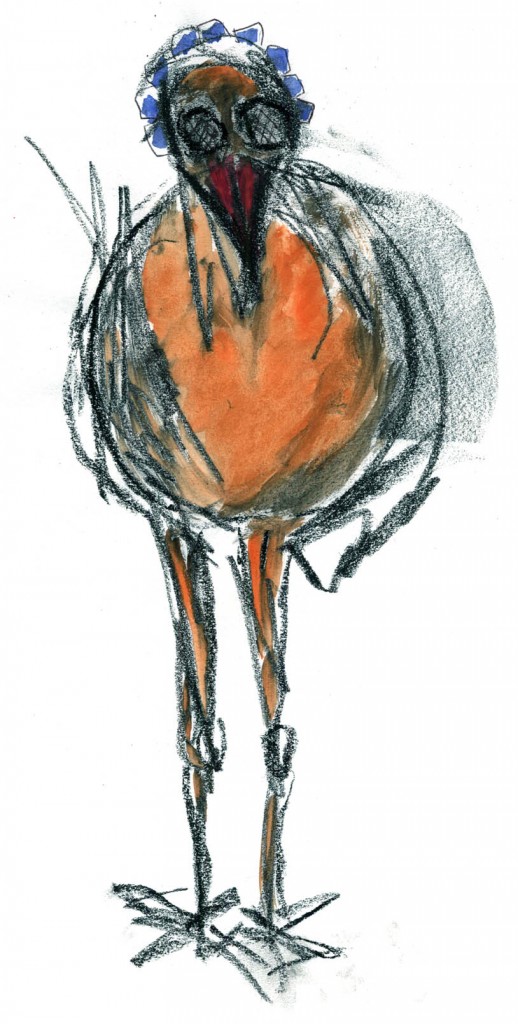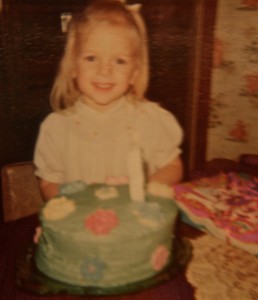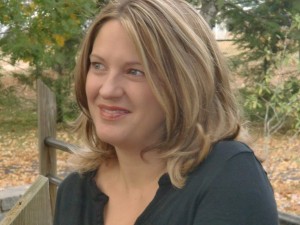“In dreams begin responsibility.” Yeats’s epigraph to Responsibilities had been pinned to the bulletin board above my desk for so many years that it lost any meaningful connection to his actual 1914 volume of poems and, eventually, just lost meaning. It had become a workaday adage at best, the kind you might find in a day planner designed to keep you beholden to your to-do list. At worst, it conjured up one of those motivational posters of late capitalism—the kind you might find in a brokerage firm or university president’s office—in which a tanned, forty-something white male model dressed in a cable-knit sweater and a captain’s cap, unsoiled by sea salt or human sweat, looks intently at the horizon from the helm of a sailboat. In short, for me, Yeats’s words about dreams and responsibility had lost their soul.

The epigraph In dreams begin responsibility got its soul back and began to fortify my own as a result of my engagement with the unflinchingly responsible work of living dreaming poets. This is a kind of thank-you letter to them. While the writers whose work sustains me are many, I want to focus on three who, in a very real way, made themselves responsible to the work their dreaming selves demanded of them. Mary Ruefle’s Madness, Rack, and Honey: Collected Lectures (2012), Patti Smith’s memoir M Train (2015), and Ross Gay’s Catalog of Unabashed Gratitude (2016), especially its title poem, have individually and collectively returned to me the transformative possibilities of the word “dream,” for I had stopped considering how an unbidden message from the deepest part of the self, rather than a willed “dream” (translation: a goal, one of the least inspiring words in the English language), could call one into being, and, in turn, make one profoundly responsible to one’s own being—and own writing.
“I don’t know where to begin because I have nothing to say, yet I know that before long I will sound as if I’m on a crusade.” So begins Mary Ruefle’s brilliant shape-shifting title lecture from Madness, Rack, and Honey. “The phrase madness, rack, and honey came to me in a dream,” she explains. What I find remarkable is that Ruefle’s dream seemingly contains no container for her words. They arrive disembodied: her dream, she tells us, “consisted solely of these three words.” It is these words—madness, rack, and honey—she wants to inscribe over the phrase “fine poetry” as it appears in an advertisement for Coach leather goods. In the ad, Albert Einstein’s grandson Paul, an “accomplished violinist,” serves as the well-pedigreed “clichéd portrait of a poetry-lover” who enjoys said “fine poetry” along with no-adjectives-needed “literature and philosophy” and, by implication, Coach’s luxury accessories. Ruefle un-refines and un-accessorizes the phrase “fine poetry.” In so doing, she returns poetry to its flesh. Taking her dream’s three words in reverse order, Ruefle analyzes the meaning of “honey” by reflecting on a centuries-old Persian poem she loves, although she cannot trace its author: “ ‘I shall not finish my poem. / What I have written is so sweet / The flies are beginning to torment me.’ ” Ruefle focuses on how the poem’s “ ‘figurative’ sweetness,” its honey, causes “ ‘ literal’ flies to swarm on the page or in or around the author’s head.” She proclaims, “This is truly the Word made flesh.” Ruefle believes that metaphor “is an event,” “an exchange of energy between two things”; metaphor “unites the world by its very premise—that things connect and exchange energy.” Such an assertion should make us realize that Ruefle’s dream phrase really is, after all, embodied: it is embodied in the physical matter that is her brain. In a later lecture, she explains, “When you hold a book in your hands you are holding a piece of cerebrum.” Such vigorous attention to the material nature of being and writing is crucial to Madness, Rack, and Honey. As Ruefle moves from rack—“those flies are beginning to torment the poet”—to madness—poetry “creates sweetness, so that the flies might come and eat till it is gone”—she comes to apprehend that poetry is “inexplicably and exactly” defined in this line from a poem by Paul Celan: “To endlessly make an end of things.” It is the requiem that making makes that brings such haunting beauty and palpable sorrow to Ruefle’s book. But what animates it are its many secrets, its wonder, her unabashed delight in wondering rather than knowing: “I would rather wonder than know.”
“It’s not so easy writing about nothing,” says the mostly reticent cowboy in Patti Smith’s dream, providing her with the first words of M Train. We insist on persisting, her “cowpoke” tells her, as he points out the futility of “fostering all kinds of crazy hopes,” such as “redeem[ing] the lost” or recovering “some sliver of personal revelation.” Realizing she has been inside this dream before, Smith tells her cowboy, “Hey, I said, I’m not the dead, not a shade passing. I’m flesh and blood here.” He ignores her. To add to this insult, he denies that it’s even her dream; he claims it as his own. After Smith is fully awake, drinking black coffee in a favorite café, she can’t let go of the dream; the dream won’t let go of her. She writes the cowboy’s phrase on her napkin: It’s not so easy writing about nothing. She feels “a need to contradict him.” He has goaded her into writing. She muses, “I could write endlessly about nothing. If only I had nothing to say.” But Smith has everything to say. Her book is a long, beautiful meditation on what it means to stay present, even, and sometimes especially, in the presence of ghosts: “We seek to stay present, even as ghosts attempt to draw us away.” What keeps Smith from being drawn away, it seems, is her understanding that to write about everything is to invite the nothing in. M Train ends with Smith, in a dream, uniting the everything and the nothing in an intimate gesture of expansiveness that is at the heart of the book’s many internal and external pilgrimages: “I love you, I whispered, to all, to none.” Her “philosophic” cowboy replies, “Love not lightly”—although I can think of few writers who are less likely to need that advice. Staying inside this dream, Smith concludes her book: “I am going to remember everything and then I am going to write it all down. An aria to a coat. A requiem for a café.” It is the book she has written, the book she has just given us, the book we hold in our hands. It has heft. It is not a ghost—not yet. The last image in the book is of Smith “looking down at [her] hands,” the hands of the dreamer, the one who writes.
Whereas Patti Smith enters “the frame” of M Train’s opening dream and leaves it by boarding a train that returns her to bed, Ross Gay’s dream-messenger comes to him more urgently, by way of a “branch that grew into [his] window.” More interactive and less cryptic in its demands than Smith’s cowboy or Ruefle’s three-word phrase, Gay’s robin with “shabby wings” and “breast aflare” comes to tell him “in no uncertain terms” to“ ‘Bellow forth” his “whole rusty brass band of gratitude.” And so he does. In the poem “Catalog of Unabashed Gratitude,” among the seemingly too-many-to-name things for which the speaker expresses gratitude are friends, strangers, ancestors, “the tiny bee’s shadow,” the woman he loves, the reader (many times), the “baggie of dreadlocks” he finds in the drawer of a murdered friend, a woman who sings Erykah Badu to herself on a bus, so very many things that grow in the soil, his own “knuckleheaded heart,” and the dream that brings his dead father back to him to play him like “a bass fiddle’s strings” until he wakes up “singing.” Yet for all the Whitmanesque abundance and exuberance that pulse through the twelve-page poem, a retreating pulse seems to work like a constant undertow—beyond even the inevitable departure of the dead who are briefly returned to the speaker. This undertow adds even more urgency to the poet’s song of thanks. When Gay announces to his listener that his poem is finally coming to a close—“Soon it will be over”—the word “it” morphs to encompass so much more. The speaker then recalls that “the child in [his] dream” said “precisely the same thing,” “pointing at the roiling sea and the sky / hurtling our way like so many buffalo,” stressing that “it’s much worse than we think, / and sooner.” But this prophetic child isn’t telling the speaker anything he doesn’t already know. He replies,
no duh child in my dreams, what do you think
this singing and shuddering is,
what this screaming and reaching and dancing
and crying is, other than loving
what every second goes away?
Goodbye, I mean to say.
And thank you. Every day.
Reading contemporary poetry in the Anthropocene can sometimes feel like one long goodbye. The dream-child’s seeming awareness of planetary loss—the “roiling” sea and sky headed for us—can make us nostalgic for a more personal mortality, the kind that makes young Margaret weep in Gerard Manley Hopkins’s “Spring and Fall.”
In my own loving-what-every-second-goes-away dream, cherry blossoms are falling to the ground in a park near a stage on which an aria is left unfinished. I don’t remember if the singer leaves the stage or if she just stops singing. Her song is taken up by the weak but joyful voices of an older man and woman who are heading into the distance, away from the stage and the fallen blossoms. Even before waking, I understand the couple to be my mother and father, although they do not look like them. I understand that they are leaving me and also letting me know I have to stay in the park: to listen. It is then that unbidden words come to me, words I understand I must use, can only use, in a poem.
The first book about loss that I read is a novel that isn’t really a novel. It was described by its author as a “play-poem,” and it affected me deeply. One of its passages to which I often return seems like a lullaby to forlornness itself:
What is the phrase for the moon? And the phrase for love? By what name are we to call death? I do not know. I need a little language such as lovers use, words of one syllable such as children speak when they come into the room and find their mother sewing and pick up some scrap of bright wool, a feather, or a shred of chintz. I need a howl; a cry.
The passage is from Virginia Woolf’s The Waves, a book Mary Ruefle designates as “not one of [her] favorite books” even though her “memory of reading it” at the age of twenty-two on a “plotless day” with the ocean in the distance is one of her favorite memories. I was nineteen the summer I pulled The Waves off a shelf in my public library, doing so with very little forethought: Woolf’s name was vaguely familiar, and I love the sea. That was enough. It was, I admit, not easy going at first. But by the time I was about a fourth of the way through that book, I knew I would never again feel alone in the world in the same way. I would feel alone a new way, connected to the aloneness of others, and that has made all the difference. In her lecture “Someone Reading a Book,” Ruefle describes in an even more positive way what a good book can bring to light: “We are all one question, and the best answer seems to be love—a connection between things.” I find it touching that Patti Smith’s connection to Virginia Woolf came rather late in her life, and that Woolf’s walking stick, the penultimate Polaroid printed in M Train, prompts her to muse whether, if she continues to outlive everyone, the New York Public Library might entrust her with Woolf’s walking stick, which she would “cherish for her.” (If there’s ever a petition in support of Smith doing just that, I’ll sign it.)
I eventually wrote a dissertation about Woolf, published academic essays about her novels, and have been fortunate to have a career that allows me to teach literature. While I do not, as does Ruefle, tire “of having to talk about literature,” like her, “I didn’t begin writing because I wanted to sit in a room and talk about the construction of subjectivity” in the work of writers I admired—although I can be pretty good at that kind of talk on most days, and I do enjoy it most often, even sometimes enjoy writing about it.
But in dreams begin responsibility. Was it a lullaby? Was it a requiem? What were the old man and old woman singing in the park? I will keep listening. I will sing back. I will pay close attention to unbidden words. “I began writing because I had made friends with the dead: they had written to me, in their books, about life on earth,” explains Mary Ruefle, “and I wanted to write back and say yes, house, bridge, river, hair, no, maybe, never, forever.” And so did I. And so I have, and so I will.



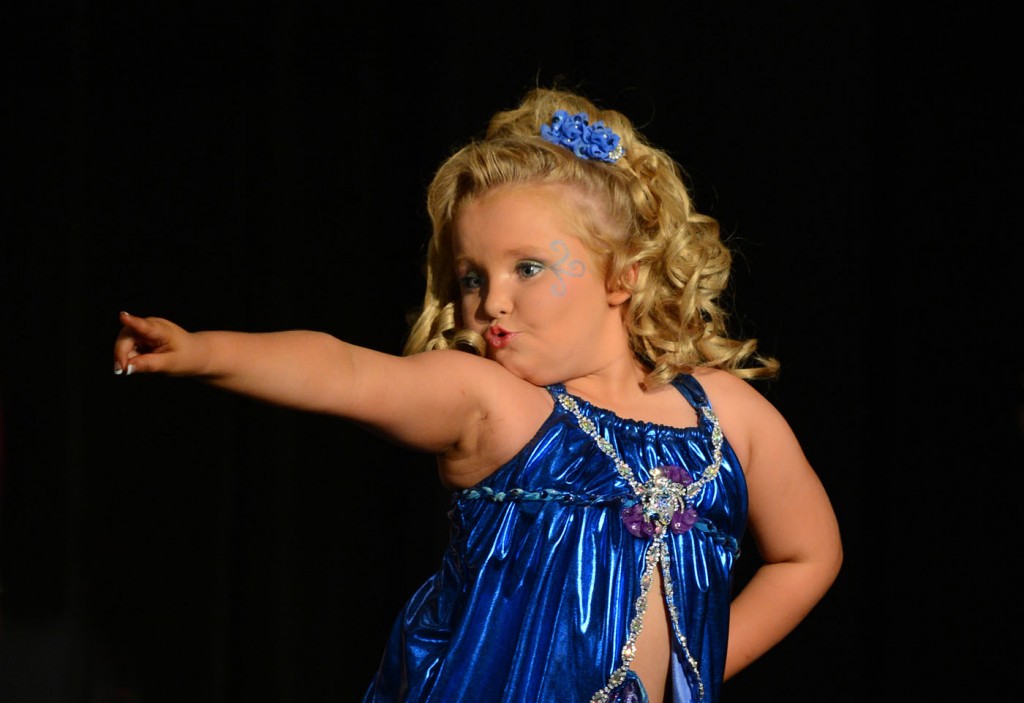
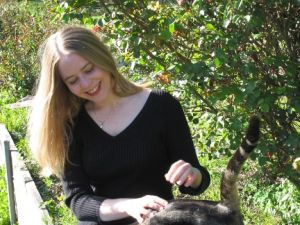
 I have been thinking about the ways in which musical and verbal intelligences merge in a poem as compositional strategy, because I have wanted to understand how a poet “thinks” through the music of the poem, as distinct from stating a thought directly as an abstraction or translating it visually into imagery. What interests me is the way a poet puts sonorous “truths” in play. These “truths” are not always articulated thematically in the poem, but the poem’s music gives rise to them, in the musical supplement to signification that Northrup Frye called the “babble” of poetry.
I have been thinking about the ways in which musical and verbal intelligences merge in a poem as compositional strategy, because I have wanted to understand how a poet “thinks” through the music of the poem, as distinct from stating a thought directly as an abstraction or translating it visually into imagery. What interests me is the way a poet puts sonorous “truths” in play. These “truths” are not always articulated thematically in the poem, but the poem’s music gives rise to them, in the musical supplement to signification that Northrup Frye called the “babble” of poetry.